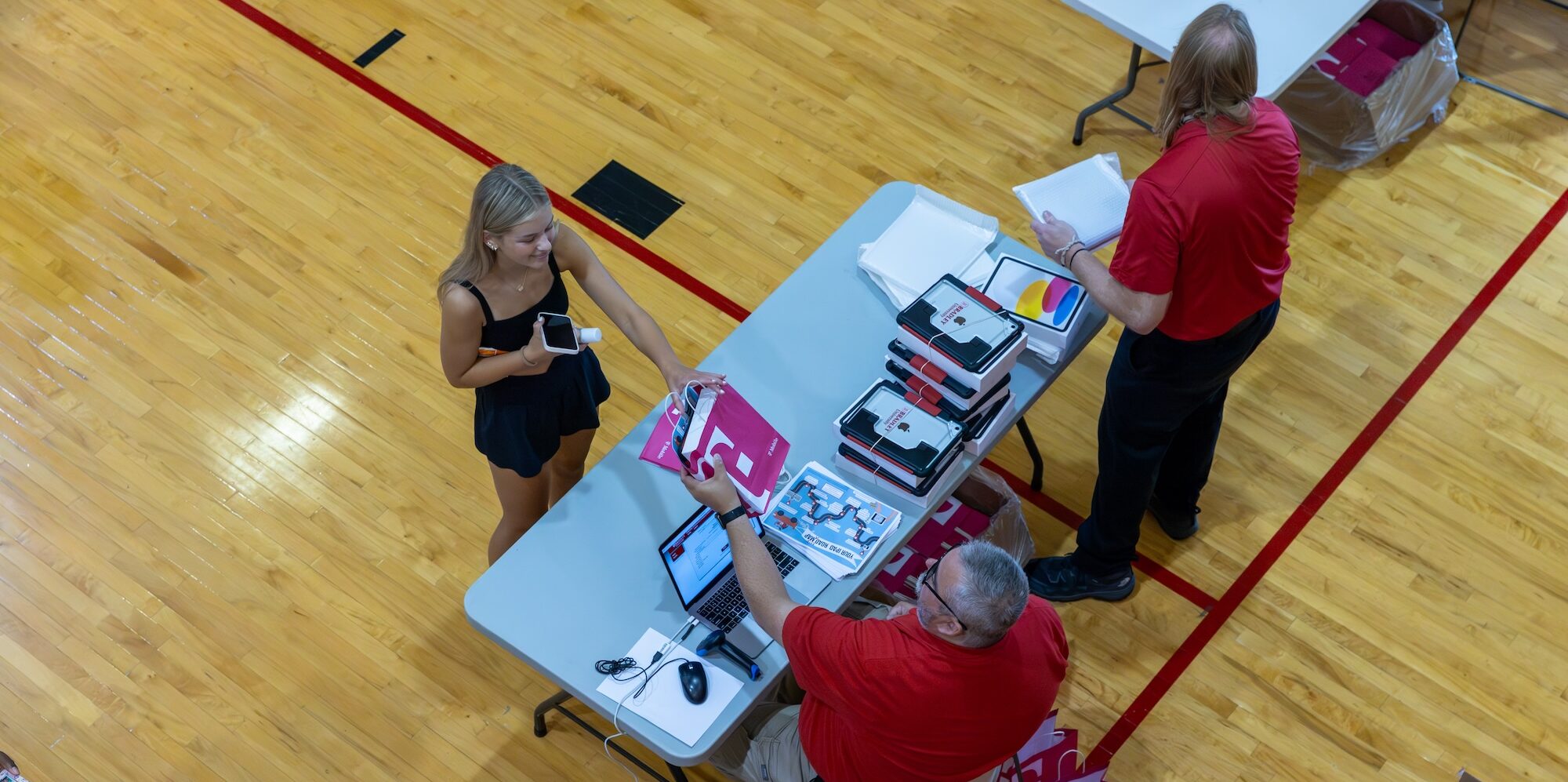Applications & Systems Development
Bradley University’s Applications and Systems Development department is a support organization within the Division of Information Technology (IT). Our mission is to recommend, provide, and maintain quality information technology systems and services that enrich Bradley’s teaching and learning environment, as well as the administrative functions of the University. Applications and Systems Development is committed to the effectiveness of its support services, the development of its staff, and the reliability of its systems.
Bradley’s Applications and Systems Development department is a centralized service unit, providing both administrative and academic technology support in the areas of application development, programming, and system integration. Applications and Systems Development supports the technology needs of Bradley administration, students, staff, and faculty, including student and administrative portals, University-wide support systems, system integration, and data services.
Additional Links


